The retail landscape is saturated with promotions. From seasonal sales to loyalty discounts, consumers are constantly bombarded with offers. However, the traditional, one-size-fits-all approach often misses the mark, leading to customer fatigue, wasted marketing spend, and potentially devalued brands. Enter Artificial Intelligence (AI), a transformative technology poised to revolutionise how retailers approach promotions, ensuring offers are not just seen, but genuinely relevant and timely.
Why Traditional Promotions Fall Short
For decades, promotional strategies relied heavily on broad segmentation and historical performance data. A retailer might offer 20% off everything, hoping to capture a wide audience. While sometimes effective in boosting short-term traffic, this blanket approach has significant drawbacks:
- Irrelevance: Customers receive offers for products they have no interest in or have recently purchased.
- Cannibalisation: Discounts are given to customers who would have purchased anyway, eroding profit margins.
- Fatigue: Constant, irrelevant offers train consumers to ignore marketing messages or wait perpetually for discounts.
- Inefficiency: Marketing budgets are spent reaching uninterested consumers.
This inefficiency highlights a critical need for a smarter, more personalised approach – one that understands individual customer needs and context.
Harnessing Data: How AI Understands the Customer
AI’s power in promotions stems from its ability to process and analyse vast amounts of data at incredible speed. Unlike traditional methods, AI algorithms found in promotion management software from providers like Retail Express can delve into granular details, creating sophisticated customer profiles. Key data sources include:
- Purchase History: What items has the customer bought before? How frequently?
- Browsing Behaviour: What products are they viewing online? What categories attract their attention?
- Demographic Data: Age, location, and other characteristics (used ethically and with consent).
- Interaction Data: Responses to previous emails, app usage patterns, engagement with past promotions.
- Contextual Data: Time of day, day of the week, current location (for mobile app users).
Machine learning models analyse these diverse datasets to identify patterns, predict future behaviour, and segment customers with unprecedented accuracy. AI can determine not only what a customer might want but also when they are most likely to be receptive to an offer.
Crafting Relevant Deals: The Power of Personalisation
Armed with deep customer understanding, AI enables true personalisation at scale. Instead of generic discounts, retailers can deliver tailored AI driven promotions:
- Personalised Product Offers: Suggesting discounts on items frequently browsed but not yet purchased, or complementary products to recent purchases.
- Optimised Discount Levels: Offering a smaller discount to a price-sensitive customer likely to convert, while potentially offering a different incentive (like free shipping) to a less price-focused shopper.
- Targeted Category Promotions: Promoting specific categories based on individual affinities rather than store-wide sales.
- Dynamic Bundling: Suggesting relevant product bundles with a special price, based on individual purchase patterns.
This level of personalisation makes promotions feel less like intrusive advertising and more like helpful suggestions, significantly increasing their effectiveness.
Timing is Everything: AI’s Predictive Advantage
Perhaps one of AI’s most significant contributions is optimising the timing of promotions. AI algorithms can predict the optimal moment to present an offer based on individual customer behaviour cycles and real-time triggers:
- Predicting Purchase Intent: Identifying signals that a customer is close to making a purchase and delivering a relevant offer to nudge them towards conversion.
- Real-Time Context: Triggering offers based on location (e.g., a discount when a customer is near a physical store) or current browsing behaviour (e.g., an offer on an item left in an online cart).
- Optimised Cadence: Determining the best frequency for sending promotional messages to individual customers to avoid fatigue while maximising engagement.
By delivering offers when customers are most likely to be interested and ready to buy, AI dramatically improves conversion rates and ROI.
AI-powered promotions shift the paradigm from mass marketing to individualised engagement. As AI continues to evolve, its role in creating smarter, more effective, and customer-centric promotions will only grow, becoming an essential tool for retailers aiming to thrive in a competitive market.



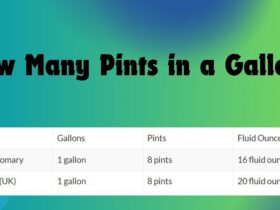
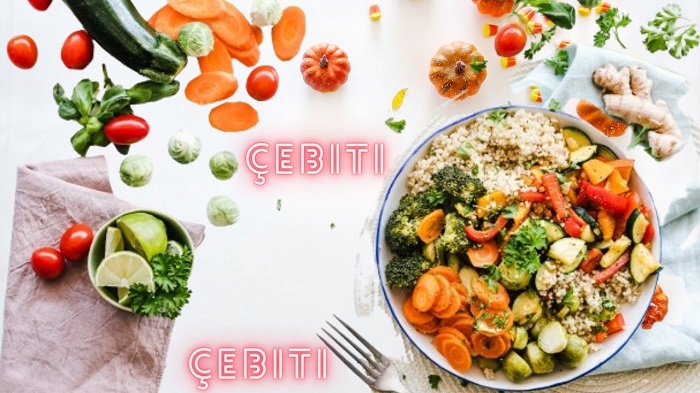
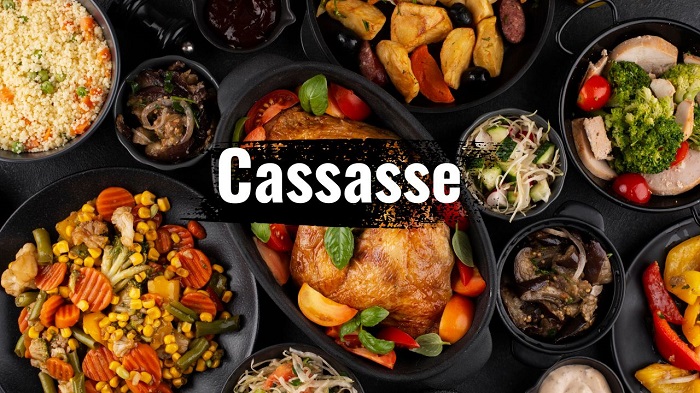


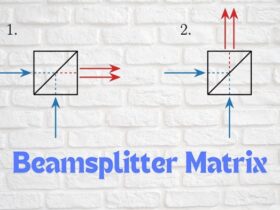



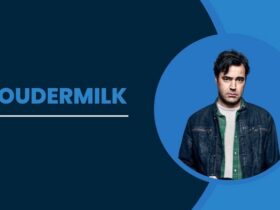


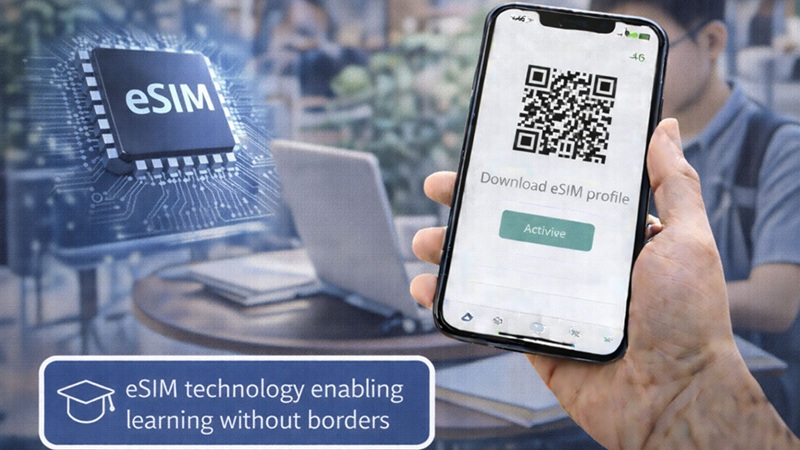

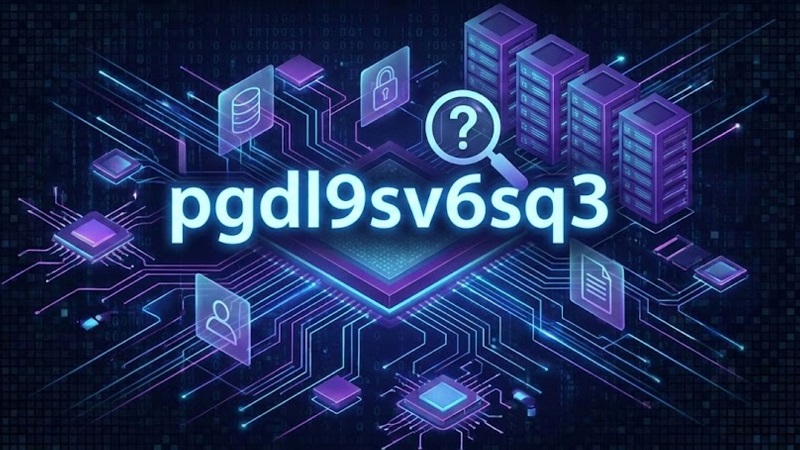

Leave a Reply